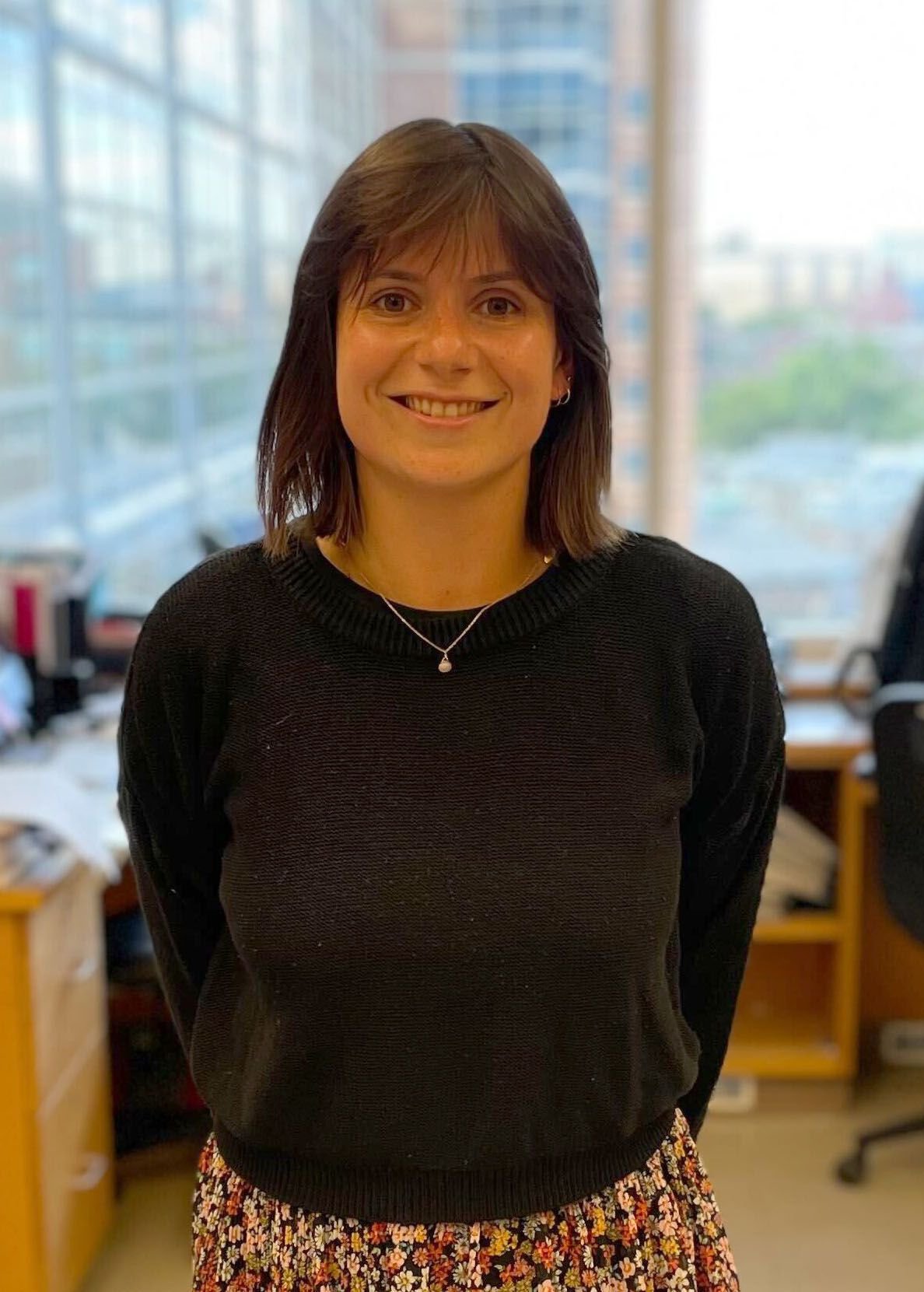Our Team
Janis K Burkhardt, PhD
Chief, Division of Cell Pathology
George and Evelyn Willing Professor of Pathology Research Department of Pathology and Laboratory Medicine
Children’s Hospital of Philadelphia Research Institute
University of Pennsylvania Perelman School of Medicine
B.A. Biology, Washington University in St. Louis
Ph.D. Microbiology and Immunology, Duke University
Postdoctoral study, European Molecular Biology Laboratory
About Dr. Burkhardt
Janis K Burkhardt is Chief of the Division of Cell Pathology and the George and the Evelyn Willing Professor of Pathology Research. She earned a Bachelor’s degree in Biology from Washington University in St. Louis and a Ph.D in Microbiology and Immunology from Duke University, working with Yair Argon to study protein trafficking in lymphocytes. As an Irvington Institute postdoctoral fellow at Duke, she studied the biogenesis and microtubule-based motility of lytic granules. Subsequently, she conducted postdoctoral studies as a Human Frontiers Fellow working with Gareth Griffiths at the European Molecular Biology Laboratory. There, she used immuno-EM and biochemistry to understand organelle motility and phagocytosis. In 1996, she established her own laboratory at The University of Chicago where she received tenure in the Department of Pathology. In 2002, she moved to the University of Pennsylvania School of Medicine and The Children’s Hospital of Philadelphia Research Institute. Her cross-disciplinary research is aimed at understanding how cytoskeletal dynamics control immune cell function, and defining the mechanisms through which defects in cytoskeletal dynamics result in immunodeficiency or autoimmune disease.
Dedicated to training the next generation of scientists, Dr. Burkhardt has served in leadership roles in graduate and postdoctoral training at Penn. She is affiliated with the Immunology Graduate Group and the Cell Biology, Physiology and Metabolism program within the Cell and Molecular Biology Graduate Group, and has played leadership roles in both programs. She directs the PennPORT IRACDA postdoctoral training program, which provides postdocs with teaching experience and supports science education at three partnering minority-serving institutions. In this and other capacities she has worked to advance inclusion and diversity in the sciences. In her own laboratory, she has mentored over 40 postdoctoral fellows, graduate, medical and undergraduate students. She takes a broad view of success in biomedical science, and her trainees have gone on to successful careers in academia, industry, science writing, STEM education, public policy and medicine. Dr. Burkhardt has been awarded the Distinguished Mentor Award from Penn Biomedical Postdoctoral Programs and the Simon Flexner Award for Excellence in Mentoring Graduate Students and Postdocs from the Penn Dept. of Pathology and Laboratory Medicine.
Outside the lab, Dr. Burkhardt enjoys spending time with her son Ben and her husband Ed, who is also a cell biologist. She loves a walk in the woods, is an avid cook, and blows glass when time and weather permit.
-

Edward Williamson
Research Associate
Email: williamsone@chop.edu
I received my Ph.D. at Duke University and did my post-doctoral work at the European Molecular Biology Laboratory. I have run several microscopy cores in the past; my research projects almost always include a significant microscopy component. My interests center on understanding how membrane – cytoskeletal interactions regulate processes such as organelle biogenesis, signal transduction, and mitosis. Currently, I am studying cortical actin association with the plasma membrane via the linker protein moesin during mitosis, and the effects of the X-MAID disease mutant on T cell proliferation.
-

Franklin Staback Rodríguez
PhD Student, Immunology Graduate Group
Email: fds@pennmedicine.upenn.edu
I am a Venezuelan-born Puerto Rican scientist. I received my B.S. in Cell and Molecular Biology at the University of Puerto Rico, Rio Piedras Campus. I then did an NIH PREP at Case Western Reserve University in Dr. Param Ramakrishnan's Lab. My PhD thesis focuses on dissecting the signaling mechanisms modulating S1P and CCL19 cytoskeletal coordination, and understanding T cell migration in complex environments downstream of these signals.
-

Shuixing Li
Research Associate
Email: shuixingli@yahoo.com
I am a research associate originally from China. I received my MD from Suzhou Medical School. I'm interested in molecular biology and gene editing.
-

Gordon Frazer
Postdoctoral Fellow
Email: Frazerg@chop.edu
Born in the UK, I did my B.Sci in Medical Microbiology at the University of Bristol before studying the effects of TCR signal strength on CTL killing for my Ph.D in the lab of Prof Gillian Griffiths at the University of Cambridge. Following a short Post-doc at the MRC Laboratory of Molecular biology in Cambridge, investigating tissue resident immunity, I am now studying how T cell mechanosensing impacts T cell activation.
-

Marie Juzans
Postdoctoral Fellow
Email: juzansm@chop.edu
Born in France, I received my B.Sci in Biology-Biochemistry at the Paris-Diderot University, and my M.Sci in Immunology and Immunopathology at the Pierre and Marie Curie University, Paris. I then studied for my Ph.D in the lab of Prof Andrès Alcover at the Institut Pasteur the implication of polarity regulators in CTL activation, differentiation, and anti-tumoral effector functions. My research interests are now focused on T cell mechanosensing and its implication in cytoskeleton reorganization and T cell activation, and on the linker protein moesin role in the interplay between cortical cytoskeletons and integrins during T cell migration.

